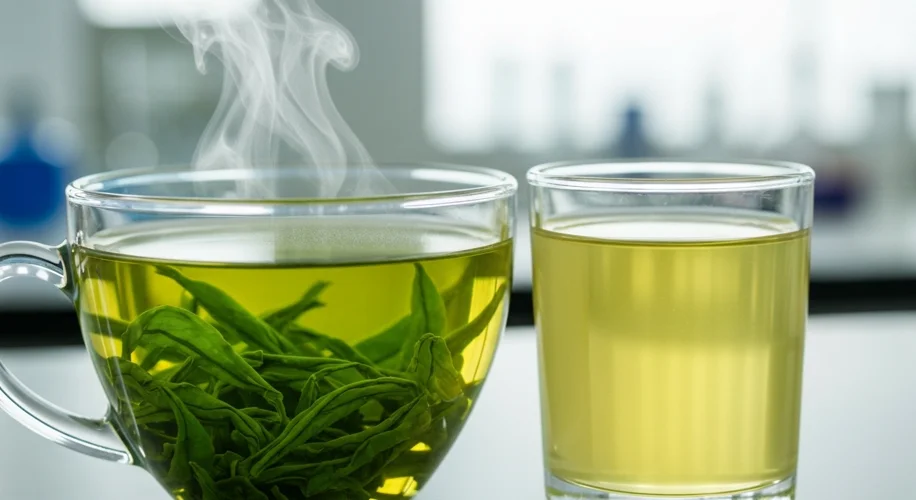Did you know that aging cells, sometimes called ‘senescent’ cells, can build up in our brains and contribute to cognitive decline? It’s a natural part of aging, but recent science suggests we might be able to help our brains clear them out. Today, I want to talk about a fascinating combination that’s showing promise: a compound found in Vitamin B3 and a key component of green tea.
Let’s break down what’s happening. As we age, our cells can enter a state where they stop dividing but don’t die off. These senescent cells can release harmful substances that can damage surrounding healthy cells and contribute to inflammation. In the brain, this buildup is thought to play a role in age-related cognitive issues, including a higher risk for conditions like Alzheimer’s.
So, what’s the science behind this natural combo?
Vitamin B3 and its Role
Vitamin B3, also known as niacin or niacinamide, is crucial for many bodily functions. A specific derivative of B3, called NAD+ (nicotinamide adenine dinucleotide), is vital for cellular energy production and DNA repair. As we age, NAD+ levels naturally decline. Research suggests that boosting NAD+ levels might help our cells function more efficiently, and importantly, could play a role in clearing out those pesky senescent cells. Think of NAD+ as a key that helps manage cellular housekeeping.
Green Tea’s Powerful Ally
Now, let’s talk about green tea. It’s been celebrated for centuries for its health benefits, and a big reason for that is a powerful antioxidant called EGCG (epigallocatechin gallate). Studies have shown that EGCG can have various protective effects on our cells. When combined with compounds that boost NAD+, EGCG seems to work synergistically. Some research points to EGCG helping to ‘prime’ cells, making them more responsive to the clearing mechanisms that NAD+ supports.
The Brain-Cleansing Connection
When these two elements come together, the potential is exciting. Imagine a process where the NAD+ boost helps identify and signal senescent cells for removal, and EGCG enhances the cell’s ability to respond to that signal. It’s like giving your brain cells a highly efficient cleaning crew. This isn’t about reversing aging, but rather about supporting the brain’s natural ability to maintain itself as we get older.
It’s important to remember that while this is promising, it’s still an area of active research. The studies are often conducted in labs on cells or in animal models. However, the underlying science is solid, focusing on cellular health and the body’s natural processes.
For those of us interested in supporting our long-term cognitive health through natural means, understanding these cellular mechanisms is key. It’s a reminder that what we consume can have profound effects on how our bodies, including our brains, function over time. This combination of a B3 derivative and green tea’s EGCG offers a glimpse into how we might naturally encourage our brains to stay healthier as we age.

